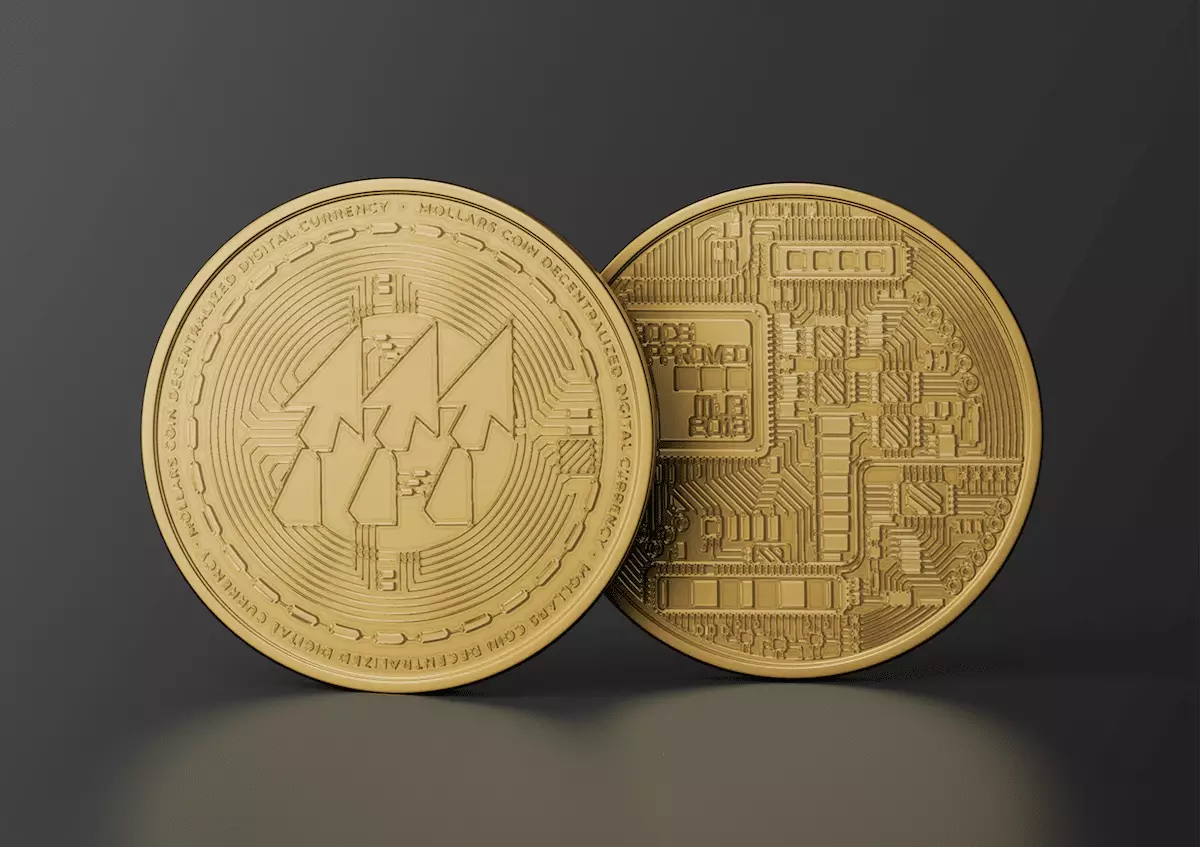The recent hijacking of Mollars.com from the “Mollars Cryptocurrency Project” has brought the domain registry company NJAL.LA, also known as Njalla, into the spotlight of the cryptocurrency community. The project’s original domain was abruptly shut down without any explanation, causing concern among crypto investors. However, a Public Service Announcement (PSA) was issued via Twitter to address the issue. According to the tweet, Njalla hijacked the domain from the project and claimed ownership of it, leading the project to relocate to Mollars.CC. This revelation prompted traders to question the legitimacy of Njalla as a domain registry service.
Uncovering Njalla’s Tactics
A quick search using terms like “Njal.la stealing domains” or “Njalla scam” reveals shocking search results. It appears that Njalla, despite portraying itself as a decentralized domain registry, does not function as a traditional registry. Instead, the company purchases domains for clients under its own name, retaining ownership of the domains without the clients’ knowledge. This practice is hidden from customers, as it is not clearly mentioned on the sales page. Njalla assures customers that they will still have control over the registered domain but fails to disclose the true ownership arrangement. In essence, Njalla operates as the domain’s registrant while allowing customers to use their information or provide their own. This lack of transparency has now placed the Mollars.com domain in jeopardy, leading to numerous complaints from other customers on platforms such as SEO forums, TrustPilot, and Reddit.
What adds further controversy to Njalla’s practices is the fact that its founder and owner is none other than Peter Sunde, the co-founder of the infamous file-sharing website, Pirate Bay. Given the notoriety associated with Pirate Bay, Sunde’s involvement raises concerns among cryptocurrency supporters of the Mollars project. Thousands of investors are now at risk of potential losses in their return on investment due to the loss of the Mollars.com domain. This is particularly significant as a “.com” domain is generally perceived as more trustworthy than a domain like Mollars.CC, even though the latter has a more relevant association with cryptocurrency.
The Implications for Investors
Fortunately, the developers of the Mollars project have reassured investors that their funds are secure and unaffected by the domain debacle. Presale investments for the $MOLLARS token project remain intact, as these funds are not stored on the actual domain itself. Cryptocurrency, including funds from Initial Coin Offerings (ICOs), is typically stored in a crypto wallet with a specialized key for access. The smart contract used for payment transactions adds an additional layer of security to ensure funds are directed to the appropriate destination. Therefore, the Pirate Bay and Njalla founder cannot access Mollars funds by simply stealing the Mollars.com domain.
The Motive for Domain Hijacking
The motive behind Njalla’s dubious actions is likely driven by the potential profits that can be gained from hijacked domains. When a domain gains significant value and generates substantial revenue through direct traffic and search engine results, it becomes a valuable asset. Domains like Mollars.com can be resold on the black market for exorbitant sums of money. In competitive industries such as cryptocurrency, Peter Sunde and his company could also receive illicit payments from rival brands looking to gain an edge. This practice of acquiring a competitor’s domain for a substantial payment is a lucrative business for a “fake domain registry” company.
Despite the current predicament, there is a possibility that the original Mollars.com domain may be returned to the creator of the Mollars token project in the future. For now, interested investors can stay updated on the latest developments by visiting www.Mollars.cc, which serves as the new domain for the project. It is crucial to note that the domain hijacking incident has not affected the progress of the $MOLLARS ICO, which has successfully raised nearly $520,000 (USD) to date. The project remains on track to sell all four million tokens of the available presale supply by the end of the month.
The controversy surrounding domain registry company Njalla brings attention to their questionable practices and lack of transparency. The hijacking of the Mollars.com domain serves as a warning to investors and businesses to carefully research and assess the credibility of domain registry services. The Mollars project, despite facing this setback, has assured investors that their funds are secure and unaffected. As the cryptocurrency industry continues to evolve, it becomes increasingly important for individuals and organizations to exercise due diligence in ensuring the protection of their digital assets.















